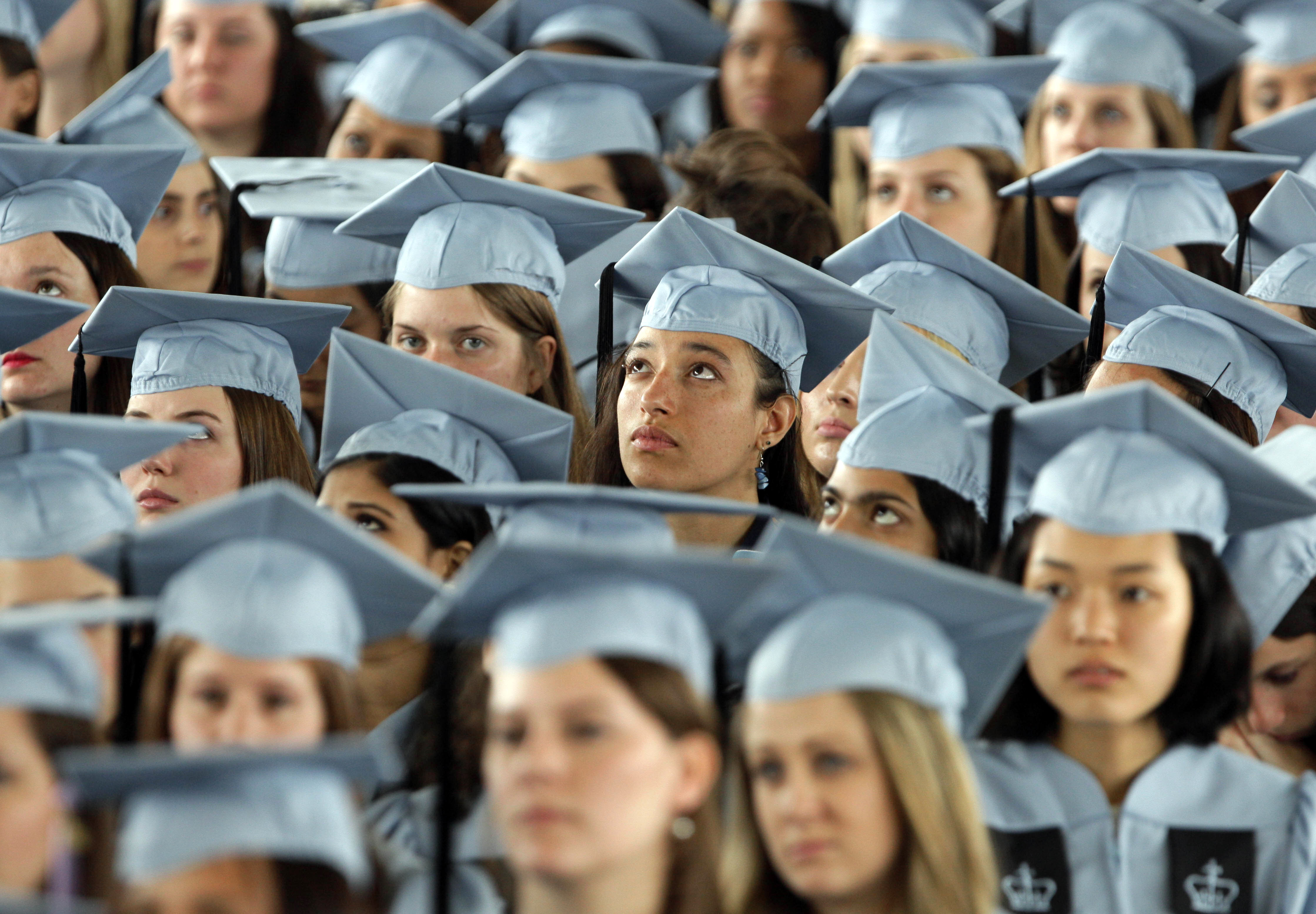
In a move to address past and present racial injustices, Columbia University has produced a report detailing Columbia’s historical links with slavery, reported the New York Times.
A preliminary report was released on Tuesday as part of a website called “Columbia University & Slavery“, which was set up by faculty, students, and staff. It contains information on Columbia’s historic ties with the institution of slavery and the anti-slavery movement in the United States of America, the bulk of which is derived from student research papers for the university’s yearly seminar of the same name.
Columbia’s Pulitzer Prize-winning history Professor, Eric Foner said: “People still associate slavery with the South, but it was also a Northern phenomenon.”
“This is a very, very neglected piece of our own institution’s history, and of New York City’s history, that deserves to be better known,” he added.
While there were no plans to act on the report, Leo Bollinger, the university’s president, said confronting the university’s “complicity” with slavery was necessary to address current injustice.
From slave owners to the anti-slavery movement
The report, currently available on the website, tracks the university’s stance on and associations with slavery from its inception until the American Civil War. Contrary to the university’s liberal activism today, the report revealed that its student debating societies from the early 1800s had a “mild hostility to slavery, coupled with opposition to general emancipation”.
The report begins with the university’s foundation as King’s College. Then, its presidents, trustees, and donors of the King’s College were directly or indirectly associated with the institution of slavery.
“Most of the early presidents owned slaves, generally domestic workers, in their homes. Most of the trustees were merchants who were involved in the West India trade that is dealing with the products produced by slaves, sugar and others. Some were involved in the African slave trade, and bought and sold slaves. And also the money, from donors and others, that came to the university, had its origins in many ways in institutional slavery,” said Foner in a video published on the website.
After a brief suspension, the college reopened in 1784 with a new name – Columbia – and some of its graduates got involved in the anti-slavery movement in New York, including establishing the African Free School, which became “the backbone of black education in the city”.
The university’s involvement then evolved in the early 19th century into one of colonisation, instead of immediate abolition. The report describes colonisation as the gradual ending of slavery and “encouraging or requiring the freed slaves (and blacks already free) to leave the country”.
“During the Civil War, Columbians were involved in the Loyal Publication Society, the Union League, devoted to the emancipation and preservation of the Union,” Foner continued.
The American Civil War was a four-year long battle between the Union and the Confederate states from 1861 until 1865. Slavery has been pointed as one of the main causes causing the war to break out.
A living document

FILE – In this April 29, 2015, file photo, students sit on the steps of Columbia University’s Low Memorial Library in New York. Image via AP.
The report’s analysis currently ends at the end of the Civil War and aims to fill in all gaps and continue its investigation into the subject after 1865. The project will be a living document, whereby as more information is discovered, it will be added to the project.
Foner said he hoped the project would look at the impact, not always positive, of Columbia professors’ scholarship on race, as well as why the university was slower than comparable institutions to enroll African-Americans.
“You don’t get the first black undergraduate until 1908,” he said. “I would really like to know more about why.”
Liked this? Then you’ll love these…
University of Miami asks students to observe classmates for ‘microagressions’







